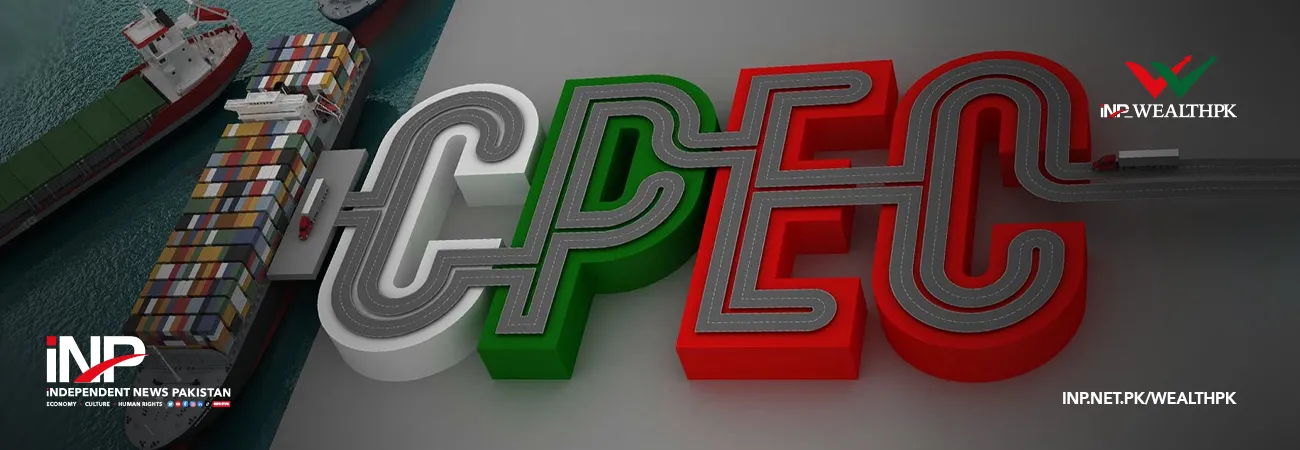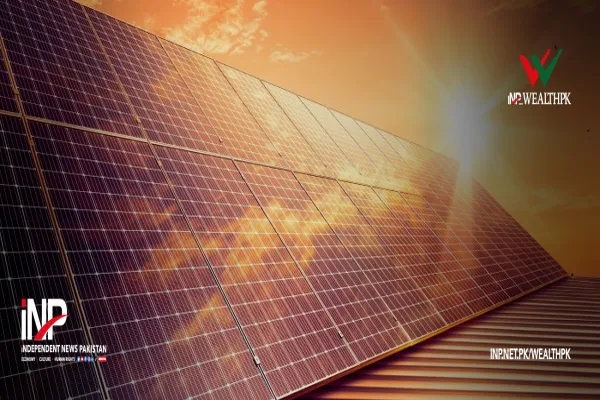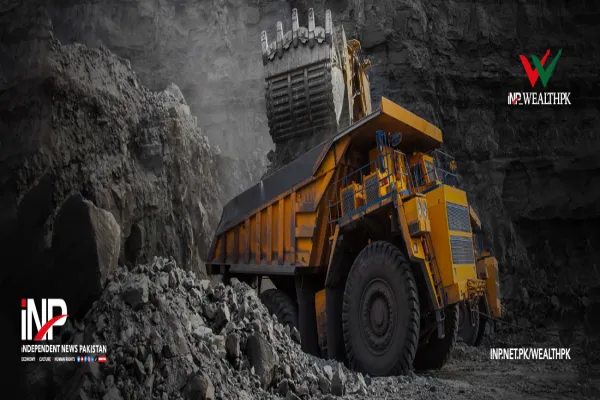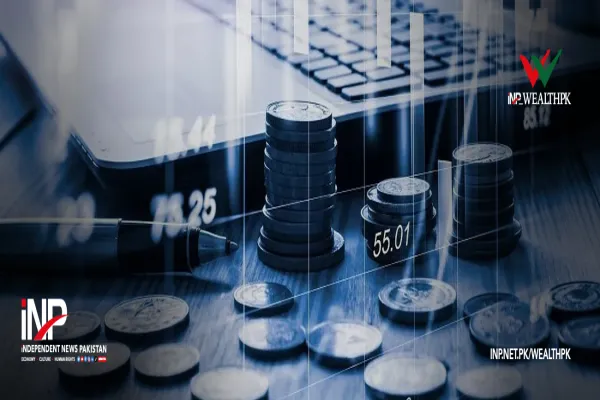i INP-WEALTHPK
Ayesha Saba
The federal government has allocated Rs225 billion for the transport and communication (T&C) sector in FY2025, highlighting its focus on improving connectivity, upgrading logistics, and enhancing trade efficiency, reports WealthPK.
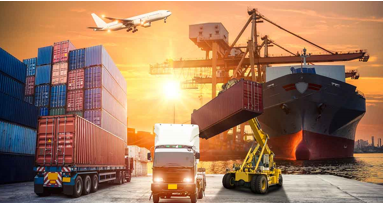
According to the planning ministry’s monthly development update for July 2025, the infrastructure sector received an allocation of Rs644.43 billion (59%) for FY2025, of which Rs 281.5 billion was utilized in June 2025, up from Rs105.52 billion in May. The transport and communication sector, which received the highest allocation of Rs267.98 billion, led expenditure with Rs82.2 billion utilized in June, bringing cumulative expenditure to Rs225.2 billion.
The housing sector recorded an expenditure of Rs32.5 billion, indicating consistent progress across key infrastructure priorities. Talking to WealthPK, Dr. Hassan Iftikhar, a policy expert on infrastructure and regional trade at the Institute of Regional Studies, emphasized the significance of these investments. “The government’s focus on the transport and communication sector is not only timely but also essential.
If this investment is aligned effectively with the broader regional connectivity frameworks like CPEC and CAREC, it can drastically reduce logistics costs, enhance trade competitiveness, and promote industrial growth,” he said. According to him, real benefits will come not just from spending but from strategic integration and planning that links these projects to trade corridors and logistics hubs.
Despite these encouraging figures, he emphasized the need for coordinated planning and execution. Dr Hassan warned that institutional fragmentation, procurement delays, and overlapping mandates could limit the effectiveness of these funds. “We need integrated planning across federal, provincial, and local governments, as well as performance-based budgeting to track outcomes,” he noted.
He also stressed the importance of regulatory reforms, especially in customs, freight management, and land acquisition, to complement physical investments. Talking with WealthPK, Muhammad Nauman, research economist at the Centre of Business and Economic Research (CBER) Karachi, said infrastructure investment should not be viewed merely as a budgetary allocation but as a lever to transform Pakistan’s economic geography.
“If well-integrated with trade corridors and governance reforms, this surge in infrastructure spending could prove to be a game-changer.” He further cautioned that ineffective management of public monies, combined with a lack of transparency and accountability, frequently leads to leakages. Public-private partnerships (PPPs) offer a promising path for Pakistan’s infrastructure development.
However, this journey comes with challenges. “Addressing regulatory complexities, ensuring policy consistency, and building the necessary skills and capacities are essential for unlocking the full potential of PPPs,” he noted.
Credit: INP-WealthPk



